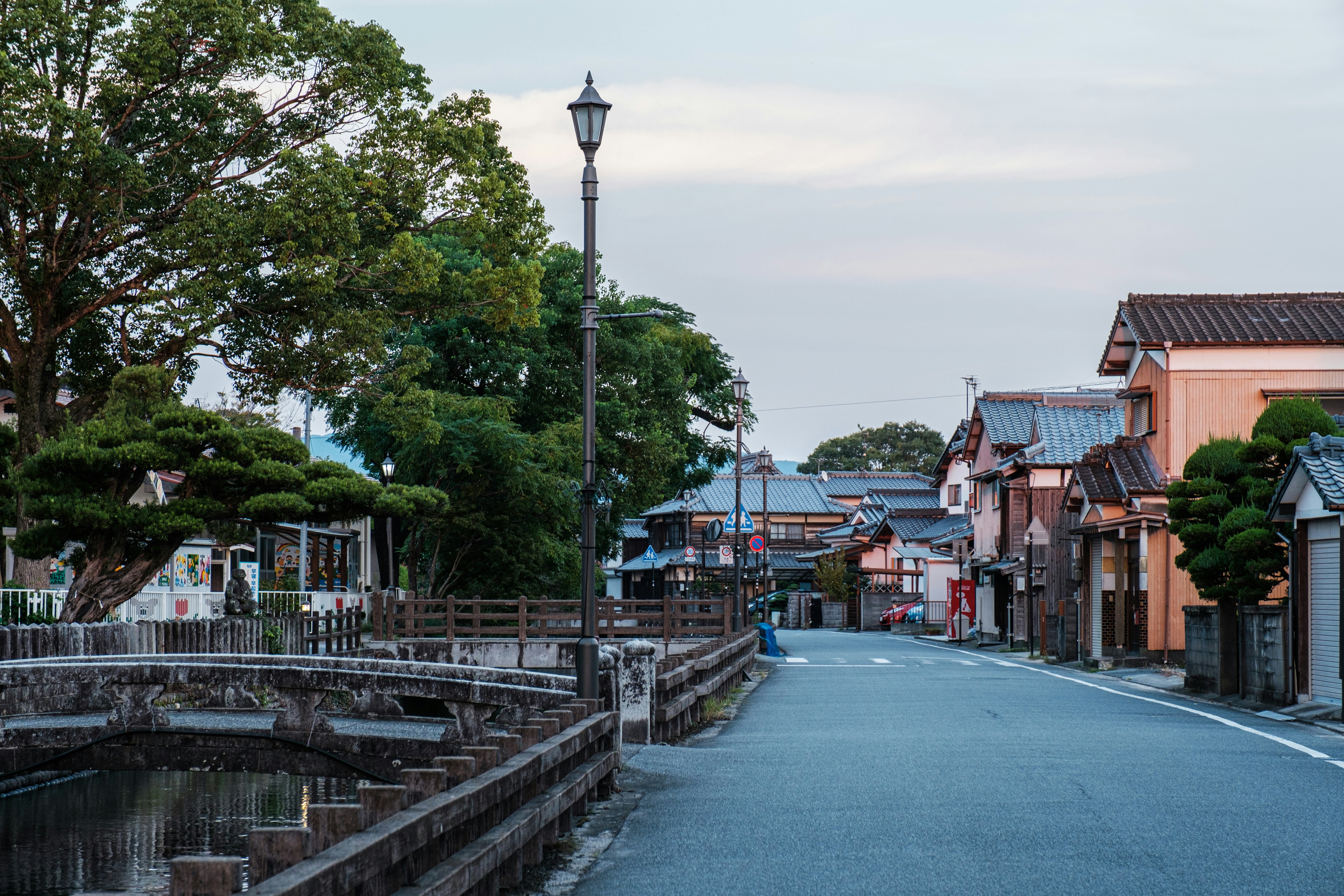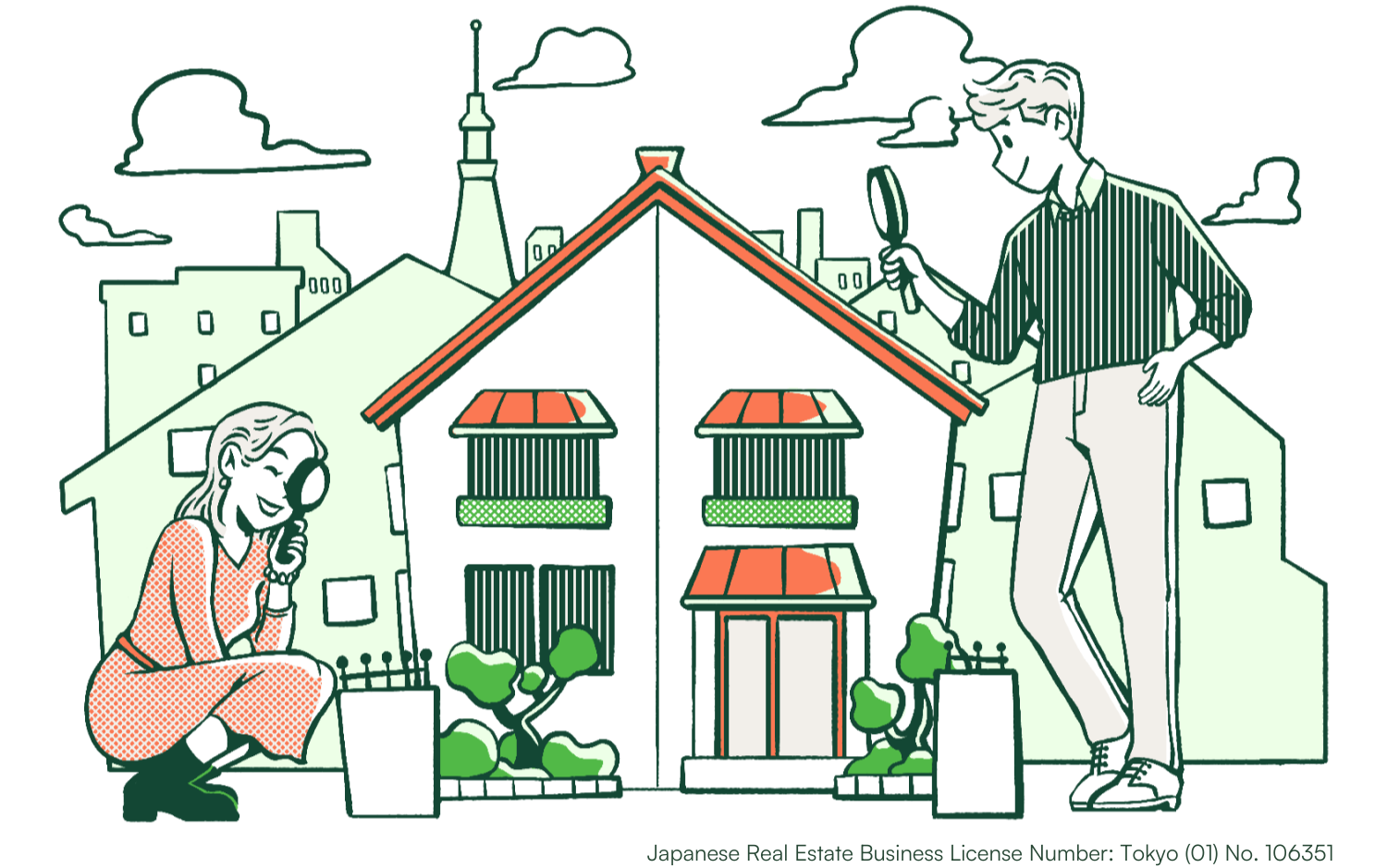
Japan’s Booming Tourism and Its Impact on the Real Estate Market
Japan’s growing tourism has led to overtourism in major cities, causing overcrowding and local disruptions. In response, the government is promoting lesser-known destinations and enforcing travel regulations. Meanwhile, the surge in visitors has boosted real estate demand, driving investment in short-term rentals and regional properties.
目次
Japan has long been a top global travel destination, attracting millions of visitors every year due to its rich cultural heritage, historical landmarks, and modern cities. However, it rapid surge in tourism, particularly in famous areas such as Tokyo, Osaka, and Kyoto, has led to growing concerns about overtourism. The overwhelming number of tourists is negatively impacting Japan’s local communities, infrastructure, and environment. Streets are crowded; the lives of locals are greatly disrupted; and clean areas are being filled with litter. These have sparked debates on how Japan can balance tourism growth while preserving its cultural and natural heritage.
In response to this issue, Japan has begun implementing measures to manage this tourist influx by promoting lesser-known destinations and enforcing stricter regulations for responsible travel behavior. Despite the challenges posed by overtourism, there is a silver lining – Japan’s real estate industry is growing from this tourism boom. Increased demand for short-term rentals has driven growth in the hospitality sector, making it a good investment opportunity. Additionally, the promotion of regional destinations presents new opportunities for investors looking to capitalize on Japan’s continuously evolving tourism landscape.
Rising Demand for Short-Term Rentals
As tourists increase, the demand for short-term accommodations such as Airbnb properties, serviced apartments, and vacation rentals has surged. Famous cities that attract millions of visitors yearly like Tokyo, Osaka, and Kyoto have seen growing interest in rental properties tailored for short stays.
For investors, this entails higher rental yields for properties located in prime tourist locations since they generate substantial short-term rental income. Moreover, investors now have more flexible investment options – traditional long-term leases or more lucrative short-term rentals.
Note: While short-term rentals are in demand, investors must comply with Japan’s Minpaku Law, also known as the Private Lodging Business Act. This is a law that regulates Airbnb-style properties to ensure safety, compliance, and neighborhood harmony.
Growth in Hospitality and Commercial Real Estate
This ongoing tourism boom in Japan is fueling the expansion of their hospitality sector, increasing the number of hotels, serviced apartments, and commercial properties to cater to travelers. Major hotel brands and boutique accommodations are branching out to increase their presence in high-traffic areas.
For investors, you can see strong returns on hotel investments, especially for developing hotels in key tourist areas. Alongside the increase in demand for accommodations is the demand for commercial properties such as restaurants, cafes, and souvenir shops. With Japan attracting high-spending tourists, luxury real estate investments are gaining popularity.
Increased Property Demand in Regional Areas
While Tokyo and Osaka remain major real estate hotspots, the tourism boom also benefits regional areas like Hokkaido, Okinawa, and Kanazawa. Travelers who seek unique cultural experiences and outdoor activities are venturing beyond the major cities, which drives the property demand in these regions.
Regional tourist destinations offer more affordable entry points for investors looking to buy apartments in Japan. Compared to properties in major cities, price points in regional areas are lower and more affordable for first-time buyers.
As the aforementioned destinations garner more attention from tourists, their property values may rise. As such, Japan’s government is actively promoting tourism in these areas, leading to improved infrastructure and investment incentives.
Infrastructure Development Driving Real Estate Growth
The Japanese government continues to invest in transportation and urban development projects to support the growing influx of tourists. New train routes and improved public transportation systems are being developed to enhance connectivity across the country. This is especially true for their capital city Tokyo.
What this implies is that properties near transit hubs will increase in value due to improved accessibility. Mixed-use developments will become more of an attractive investment opportunity. Furthermore, as Japan’s government addresses its overtourism with enhanced tourism infrastructure, this creates long-term sustainability for the real estate market.
Japan’s overtourism is having a transformative effect on the real estate industry, offering more lucrative opportunities for investors and property owners. Short-term rentals, hotel investments, commercial properties, and regional developments are becoming a trend that proposes good returns to property investors as Japan continues to welcome more visitors year-on-year.
For those looking to invest in Japan’s thriving real estate market, now is the ideal time to explore these growing opportunities.
Buy house in Japan by viewing our available property listings throughout Japan in PropertyAccess. Submit your inquiries directly to real estate agents or consult with our Japan real estate professionals to make your ideal investment in Japan a reality.






